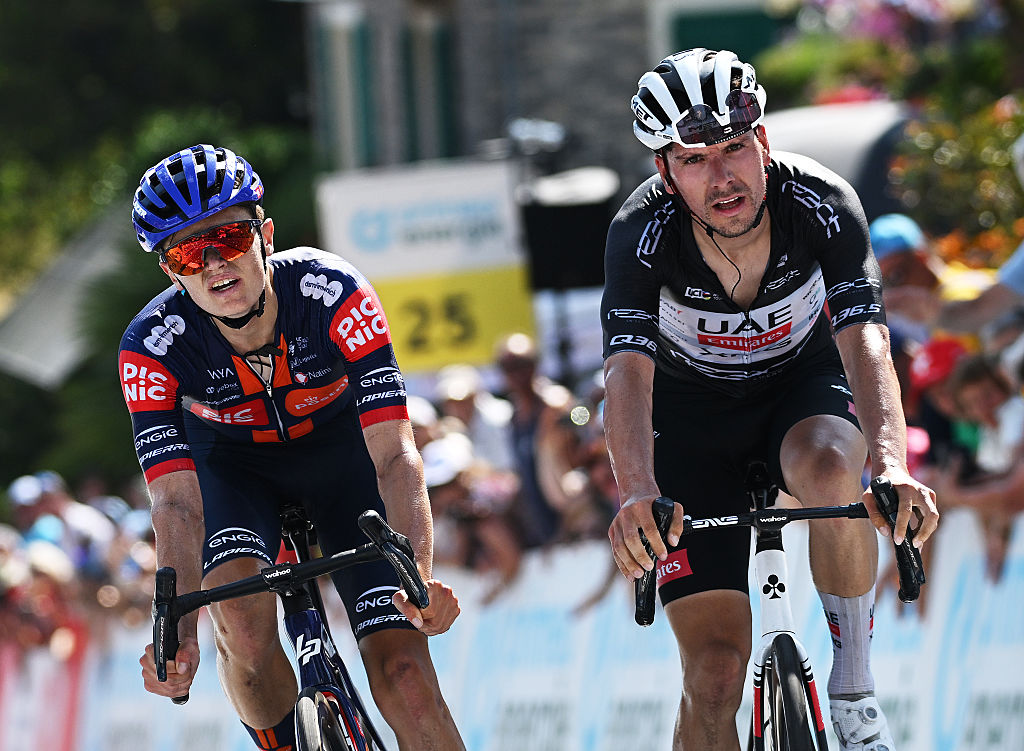Steve Bauer: Reminiscing on Alpe d'Huez
Canadian's proudest moment on the climb in 1988
The latest race content, interviews, features, reviews and expert buying guides, direct to your inbox!
You are now subscribed
Your newsletter sign-up was successful
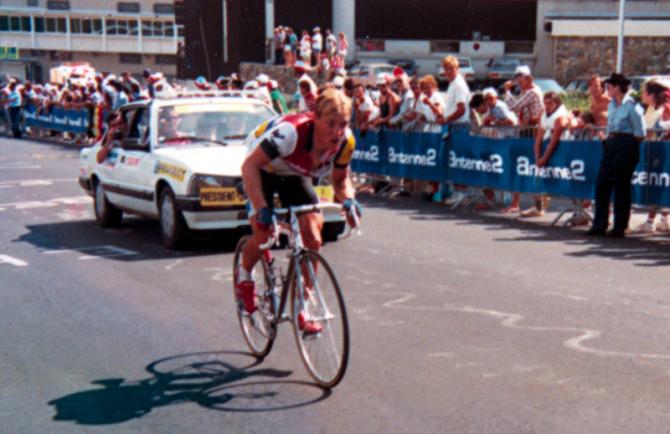
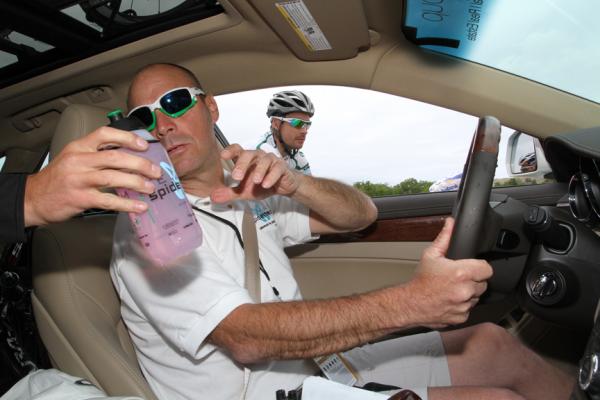
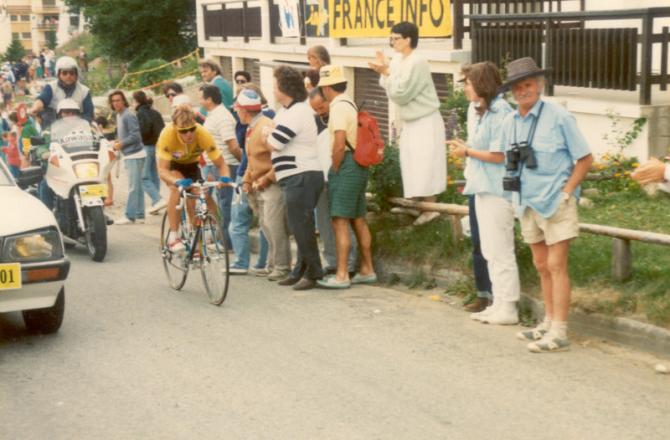
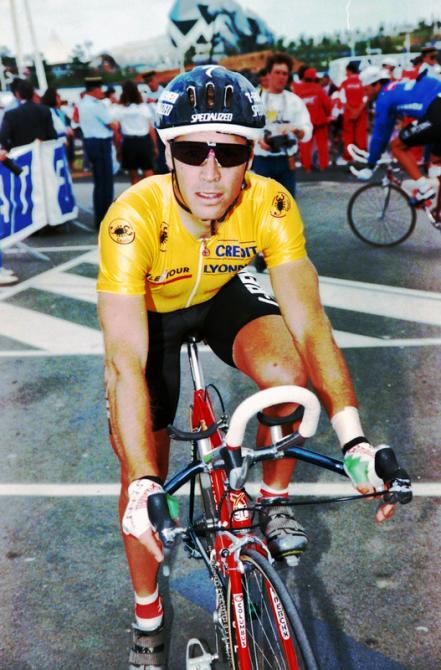
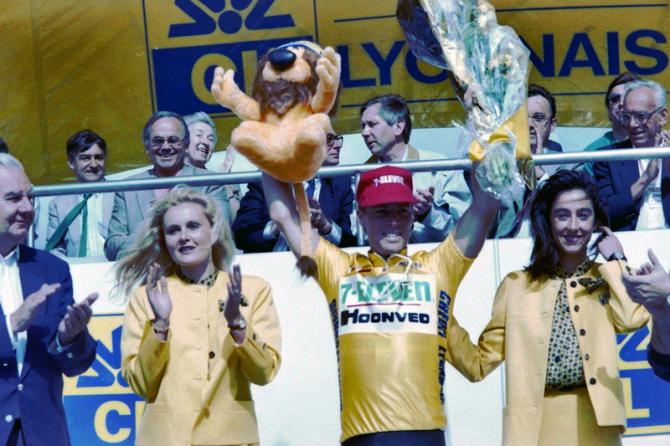
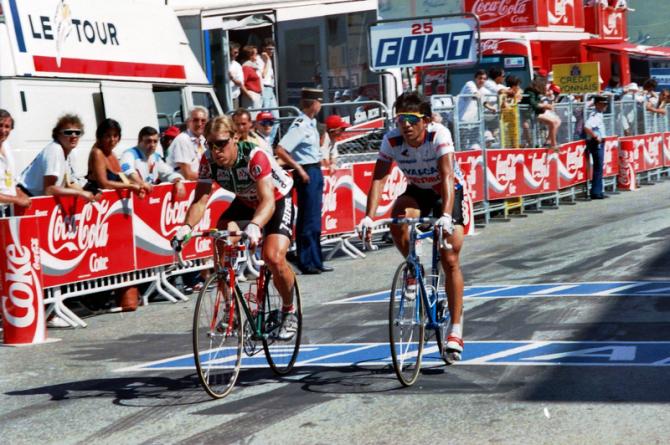
Steve Bauer is making sure that there will be a lot of fellow Canadian cycling fans at the 100th Tour de France. He was the first from his country to win a stage at the Grand Tour and wore the yellow jersey for a total of 14 days. He and his friends will celebrate the historical event atop Alpe d'Huez before riding the final stages into Paris, recapping some of the most defining moments of his career.
"Those accomplishments are ones that I'm super proud of because it's the biggest bike race in the world," Bauer told Cyclingnews. "Those results will rest with me for the rest of my life. It's nice to have been there and to have achieved something great."
"I'm bringing a group over to ride some of the stages at the Tour. We will ride the last week beginning with Alpe d'Huez and then ride into Paris."
Bauer grew up in St. Catharines, Ontario playing hockey and planned to be a top-level player until cycling became his main focus. In 1997, he got his start with the national road team and had success, winning multiple national titles while gaining experience at international events like the Commonwealth Games and Pan American Games. He secured a silver medal at the 1984 Olympic Games in Los Angeles during his last year as an amateur.
He raced alongside some of the best cyclists in the world during the next ten years as a professional. He started on team La Vie Claire in 1985 and learned from Bernard Hinault and Greg LeMond, guys who taught him how to train and shaped his career.
"Hinault and LeMond were my great mentors," Bauer said. "I learned to train like a pro by riding with these guys, and also Phil Anderson. These guys had been in the pro ranks for a couple of years before me. I didn't realize how hard you had to train, it opened my eyes, training for seven hours and over mountain passes. I consider myself fortunate because I had good influencers and good leaders."
He joined La Suisse in 1988 and won the first stage of the Tour that year, finishing fourth overall. He wore the yellow jersey for a total of five days (not consecutively), becoming the second Canadian to ever lead the Grand Tour. Two years earlier, his fellow countryman Alex Stieda secured a time bonus at an intermediate sprint during the first stage that bumped him into the overall race lead. Bauer's Tour success continued with team 7-Eleven in 1990 when he won a stage and led the race for another nine days.
The latest race content, interviews, features, reviews and expert buying guides, direct to your inbox!
"Getting the stage win was a great experience," Bauer said. "It was Stage 1 and I attacked solo. I was really fortunate to have super legs. There was some hesitation because the team time trial was in the afternoon and no team engaged in a chase. It was a tactical play that worked for me on a couple of occasions, again in 1990 when I got the jersey. The team time trial was in the afternoon and no team wanted to put their guys on the front. I used those moments to my advantage, made sure I was in the break, and it paid off.
"Those two stage wins and getting the jersey were beyond luck because tactically I knew that being in the breakaway was key. It gave me all the opportunities to get that jersey and try to defend it."
What many don't know about Bauer is that his proudest moment at the 1988 Tour had nothing to do with winning. It was losing the race lead in Stage 12 on Alpe d'Huez by 25 seconds to Spain's Pedro Delgado, who raced for Reynolds that year. Steven Rooks made it to the top of the climb first ahead of Gert-Jan Theunisse and Delgado, and Bauer finished the stage in seventh place.
"I really impressed myself that year when I had the jersey and lost it to Delgado on Alpe d'Huez. I lost it by about half a minute," Bauer said. "We started that day in Morzine, did Col de Madaleine, Col de Glandon and finished on Alpe d'Huez. I finished top-10 on that stage but lost the jersey. That was a big ride for me considering I was the non-climber, more of an all-rounder. To be fourth overall at the Tour that year was a big accomplishment for me. It was a great spot. It wasn't the podium or winning but it was as good as I could do."
This year there are three Canadians competing at the Tour de France. Ryder Hesjedal of Garmin Sharp, who won the 2012 Giro d'Italia, was the nation's best hope of a top overall result. But early season injury and illness combined with a broken rib after crashing in Stage 1 took him out of contention. Svein Tuft is racing his first Tour and played a big role in Orica GreenEdge's win during the Stage 4 team time trial. He also placed sixth in the Stage 11 individual time trial. David Veilleux of Europcar has also shown strong performances during his first Tour after being a part of the Stage 2 all-day breakaway.
Bauer is proud of trio but he hopes to see more Canadian racers in the Grand Tour over the next 10 years. He believes that his own career results and his five-year commitment to the now disbanded SpiderTech team played a role in helping pave the way for development in Canadian cycling, but that there is still a long way to go.
"My results impacted the Canadian public and, at that time, helped them understand the magnitude of the accomplishments," Bauer said. "That piece of history has merit and it has value in teaching kids about the sport and as a role model. Just like Ryder winning the Giro d'Italia, which was a marvellous WorldTour victory, these stories have an impact on Canadian cycling and we need to use them to bring more development to our sport, and more money too because programs need financial backing.
"I think there's a lot of years of development needed before Canada has a strong presence of riders at the Tour. We are far behind the Australian and British models of development. It takes a long time before the impact of development reaches the level of the Tour. We have some strong Canadian riders but they're in ones and twos. We need six packs and 12 packs."
For now, Bauer has replaced his cycling development cap with a helmet. He'll be reminiscing about Delgado and those 25 seconds on his ride up Alpe d'Huez in the morning before the start of Stage 18, a day where the pros will race up the climb twice in honor of the event's centennial anniversary.
"I just don't ride Alpe d'Huez at the same speed anymore but I remember the suffering," Bauer said. "I remember how painful the Tour was and that climb is still a challenge, but most people underestimate their ability. People always say Alpe d'Huez is so tough and they wonder if they're going to make it, but everyone makes it up. That's the beauty of cycling for so many people."

Kirsten Frattini has been the Editor of Cyclingnews since December 2025, overseeing editorial operations and output across the brand and delivering quality, engaging content.
She manages global budgets, racing & events, production scheduling, and contributor commissions, collaborating across content sections and teams in the UK, Europe, North America, and Australia to ensure audience and subscription growth across the brand.
Kirsten has a background in Kinesiology and Health Science. She has been involved in cycling from the community and grassroots level to professional cycling's biggest races, reporting on the WorldTour, Spring Classics, Tours de France, World Championships and Olympic Games.
